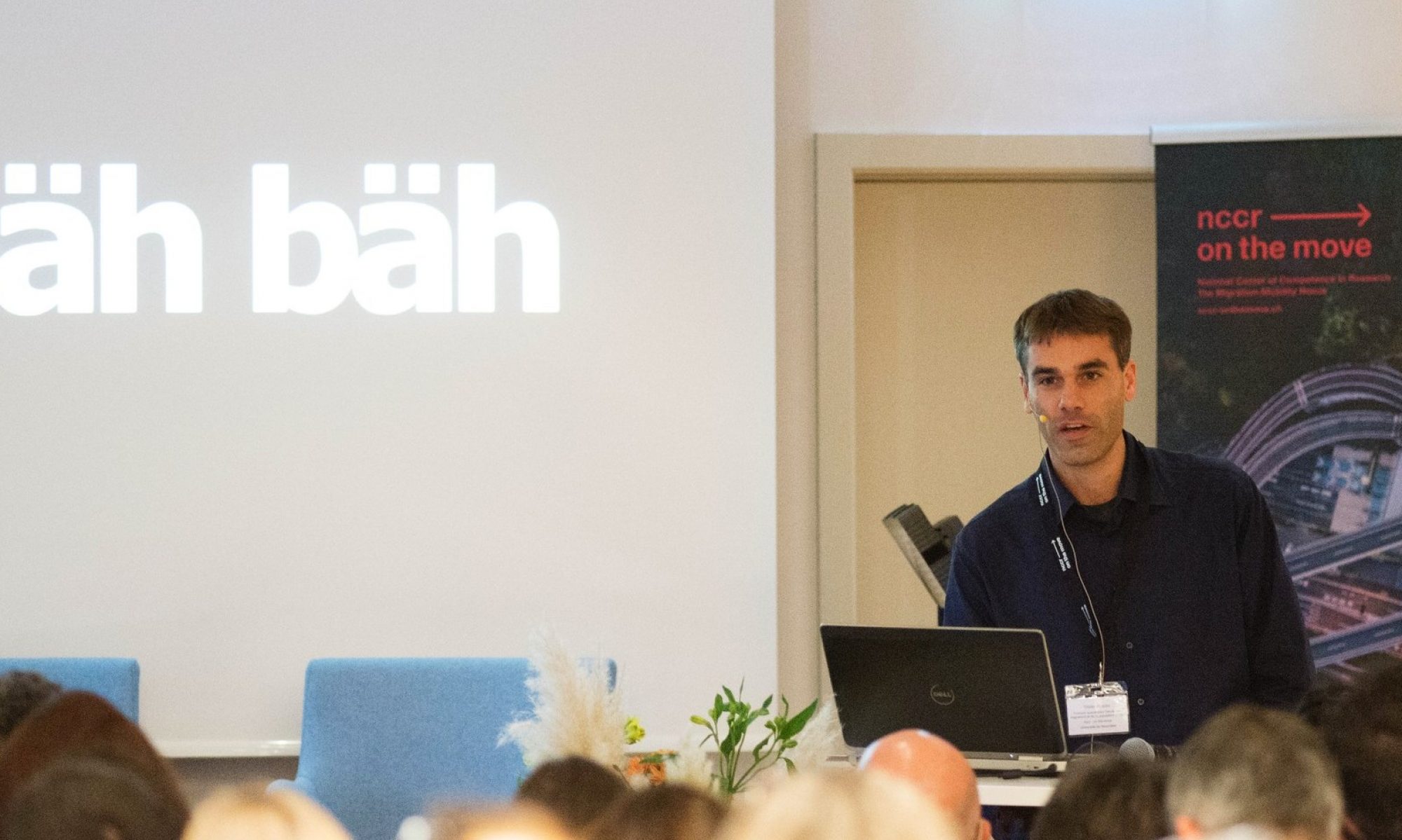In this video, we’re exploring the anatomy of R functions. Functions have a keyword to tell R what to do, like calculate the median on a set of numbers. The keyword is followed by brackets, in which we include the data and additional arguments if needed. Arguments are separated by commas.
Southern perspectives and our obsession with countries
Recent years have rightly seen efforts to bring together perspectives from the Global North and Global South, but our obsession with countries seems to distract us from the real objective. Often, engagement with the Global South has become a tick-box exercise: do we have a collaboration with someone in a country in the Global South? We proudly show our collaborations on world maps, as it that one person in that one country represented “the” alternative perspective.
What we really should be seeking is more difficult to measure, namely different perspectives. Sure, working with people who have grown up and educated in different places can be enlightening, but for the tick-box exercise, the same person having moved to a university in the Global North suddenly becomes less interesting. If we’re happy with a single representative of the Global South in an international research project, we effectively treat the Global South as a homogeneous Other, denying the diversity in perspectives and approaches that we aspire.
PrixMatude 2024
At the SFM, we’ve had the pleasure to welcome Sofia Stellacci of Gymnase de Morges, our first winner of the PrixMatude with an excellent presentation on “How can we improve the lodging process for Ukrainian refugees in host families in the Canton of Vaud?”. The bar is set high for the years to come, and we look forward to receiving the next round of applications early next year!
= vs. <- in R: which one to use?
In this video, we look at the equal sign versus the backward arrow in R. We can use either of them to assign something to an object.
Historically, R has used the backward arrow, but, in almost all cases, you can use the equal sign.
Set the reference category in a regression model in R
In this video, we set the reference category in a regression model in R. When running a regression model with a categorical variable, R picks one as the reference against which the other categories are compared (aka base category). To change this reference, we can use relevel().
